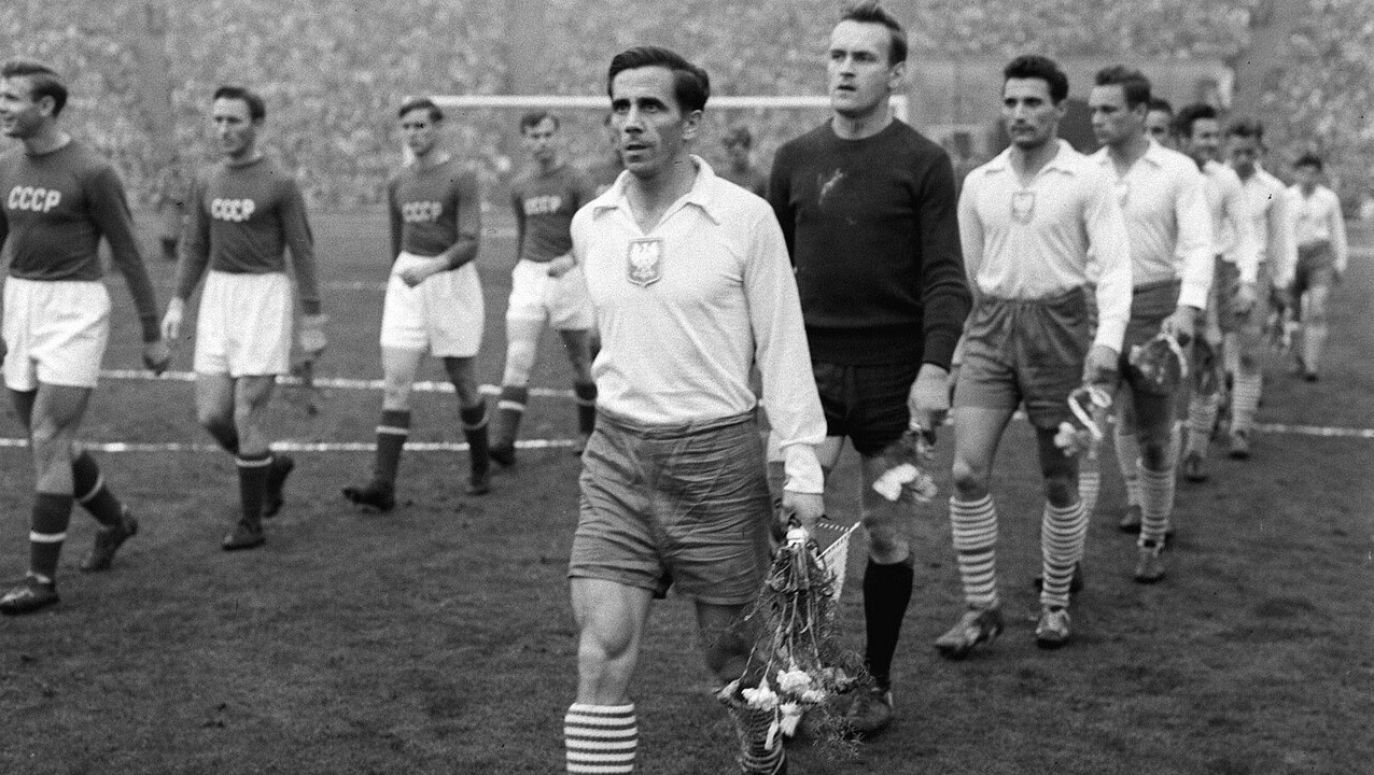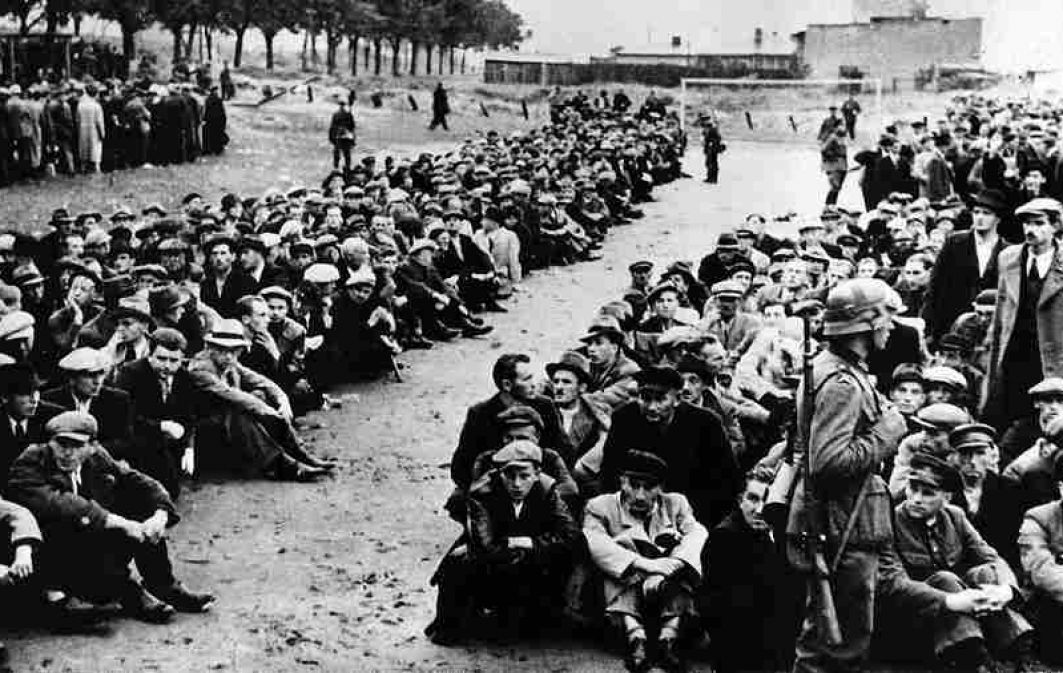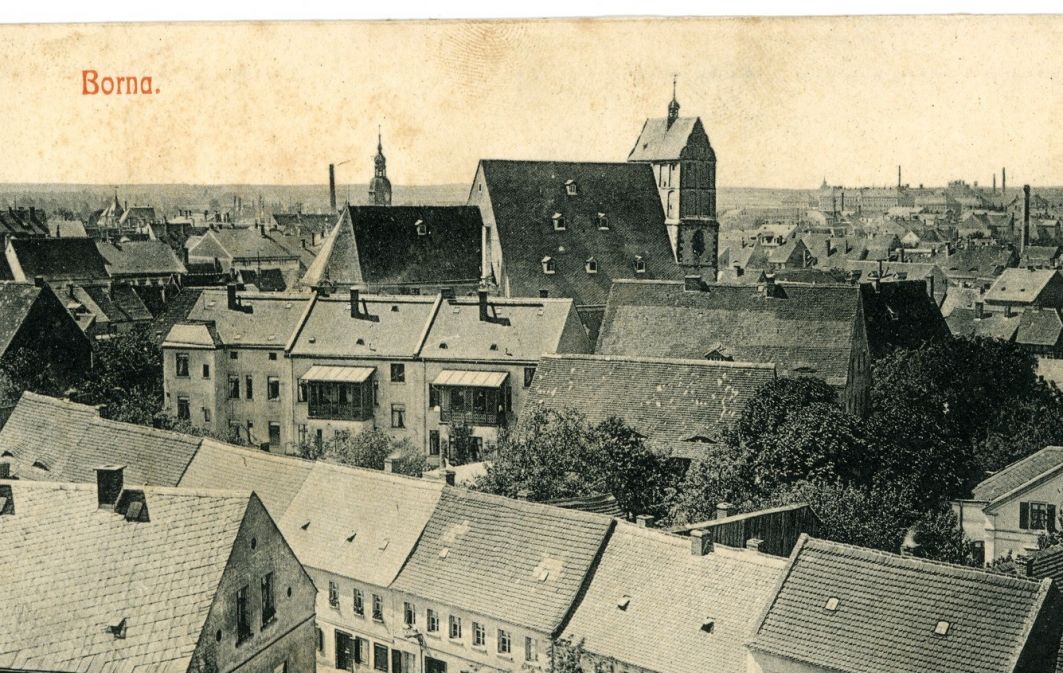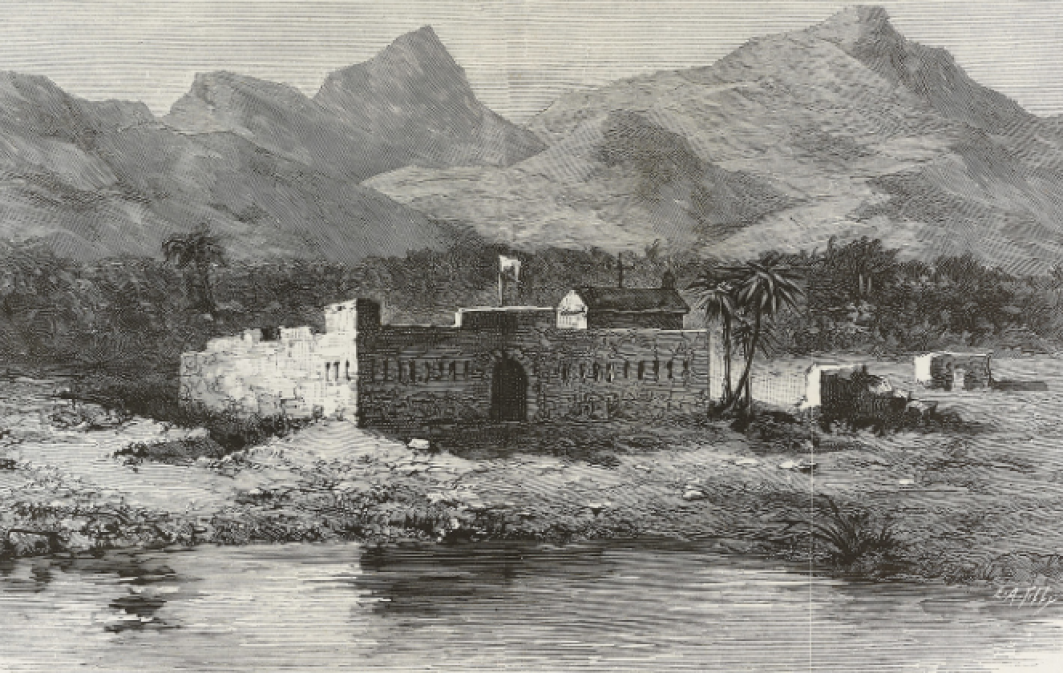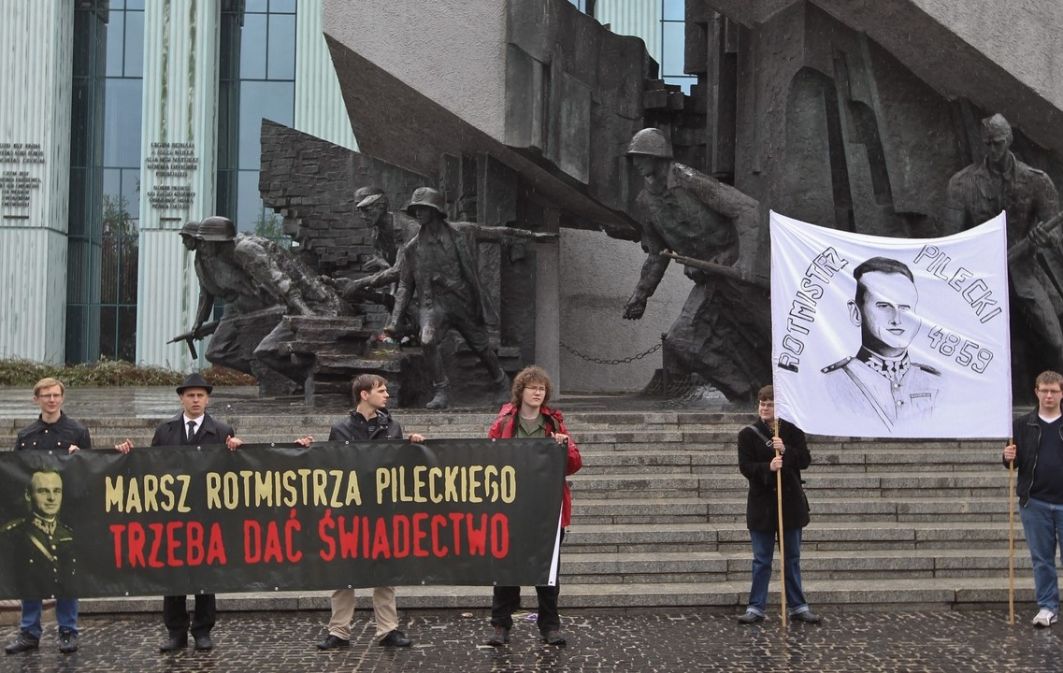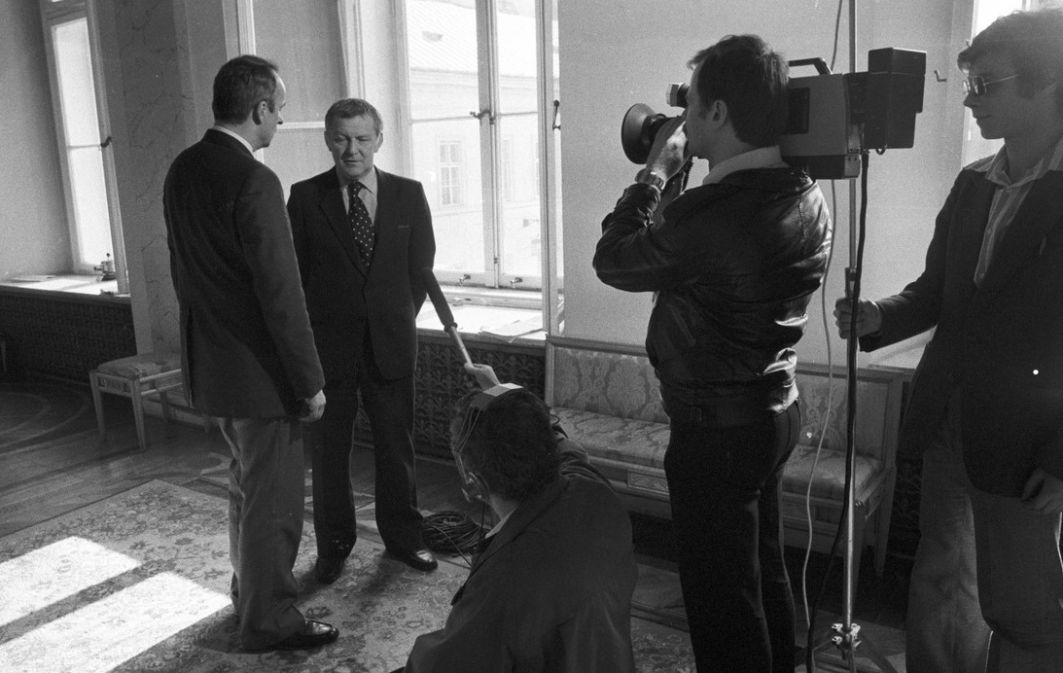The Wembley generation
13.10.2023
The draw at London's Wembley Stadium was a dream come true. Fifty years ago, the Polish national football team advanced to the World Cup for the first time after World War II and for the second time in history. Of course, the promotion itself would not matter, looking from today's perspective, if the adventure at the 1974 German championships ended like the last four appearances of the white and red team.
But beyond football, Wembley also had a social perspective. People forced to live in “Real Socialism” thought about real victories and needed successes of their community.
Victory against the "Russkies"
From the beginning of the Polish People's Republic period, sports provided an opportunity to show patriotic feelings, especially regarding the ongoing rivalry against the athletes from the "brotherly" Soviet Country. And the other way round, the defeat against the “Russkies” hurt Polish fans much more than the unsuccessful competition against other contestants.
Such a symbolic role played the memorable hockey match that took place on April 8, 1976 at the World Championships in the Spodek Arena in Katowice. For years, Poles were “demolished” by the Soviet team, even by a dozen points or so. But this time, they beat the Russians 6-4, making it easier for the Czechs to win the championship. This victory meant nothing to our team; we were relegated from the group. However, to this day, that victory is considered one of the two greatest sensations in the history of hockey. The need to win the match against the USSR - and later celebrate the joy of it - was strongly reinforced by the compulsion to flatter the Soviet athletes. Many of them were undoubtedly great sportspeople, but nothing was as irritating as forced humility and lack of pride in the official reports and comments.
For people who experienced their youth and adulthood in the 1950s, the most important football event was the match won by Poland against the USSR. It was a powerful team, including Lev Yashin, who is still considered one of the best goalkeepers in history.
Soviet footballers won the Olympic championship in 1956, and a moment later, in 1960, they were to win the first European championship. They were clear favourites when they took the field in Chorzów on October 20, 1957. However, they lost the match 2-1, and the two winning goals were scored by Gerard Cieślik, born in 1927, a thirty-year-old footballer who ended his national team career a year later. For the generation of those in their twenties and thirties at the time, a footballer from Silesia, one of the greatest in the history of Polish football, became a true legend that day. Never before in our childhood did we need to hear so much about Cieślik's phenomenal goals and the extraordinary atmosphere of the match, although our fathers knew this triumph only from the radio station broadcast, newspapers and less than two minutes of coverage by the Polish Film Chronicle. To make things funnier, PFC’s comment ended with the words: "We've been waiting for this day for thirteen years" - that is, since 1944, since the PKWN Manifesto (the Manifesto of the Polish Committee of National Liberation) and the establishment of the Polish People's Republic - at least this is how Poles read these words in 1957.
The post-war generation was similarly happy with the successes of Polish boxers in the era of Feliks Stamm, the national team coach from 1936. They literally beat the “Russkies”, so the symbolic dimension of sports success took on a pleasantly literal character. The European Boxing Championships, held in Warsaw in 1953 in 10 weight categories, gave Poland five gold medals, two silver and two bronze. In the finals, the Poles (Zenon Stefanuk, Józef Kruża and Zygmunt Chychła) beat the Soviet boxers three times, giving their compatriots additional and in no way hidden joy. There was a comparable reaction to the successes of athletes and cyclists. Stanisław Królak's victory in the Peace Race was particularly important.
Waiting for team success
But the truth is there were not so many opportunities to celebrate success, especially in team sports. The country was recovering from the enormous destruction after the World War II. It was necessary to recreate the sports base and almost everything in general. Success came over in the following years, along with the improvement in the quality of life. Younger and younger age groups began to practice sports, less and less affected by the war and post-war poverty.
Living standards in the Polish People's Republic often differed significantly from the norm in Western European countries, and sport was one of the possibilities to improve one's living conditions. The army, the militia and, above all, the large Polish People's Republic industry invested in sports. Where there was industry, there was high-level sport—in the case of cycling, the countryside and People's Sports Teams played an important role in its development. In the countryside, for a quarter of a century after the war, the cheapest and most convenient means of transport was a bicycle, so there was a lot of talent there because many people liked cycling. It was a similar situation with Speedway. For a moment, Poland was the largest producer of motorcycles until the industry was destroyed overnight by a political decision. The motorcycle was a popular and common means of transportation, and recruiting talent was relatively easy. Speedway was and still is the most popular motorsport in Poland.
The turn of the 1960s and 1970s was the time when the generation born in the Polish People's Republic began to achieve sports success. Well, "Born in PRL" was a propaganda term. It was supposed to describe people entirely shaped by the "socialist value system" and who considered the "proletariat ideas" as their own. They were to shape their future and the future of their "Homeland - People's Poland", following the indications of the "working class" and above all, in accordance with the "leading force of the nation", which was to be the Polish United Workers' Party. Anyone born and raised in the People's Republic of Poland could juggle such quotes for the rest of their lives, which in fact did not convey any specific content, neither then nor today. That was just the propaganda pulp.
Born in Polish People's Republic
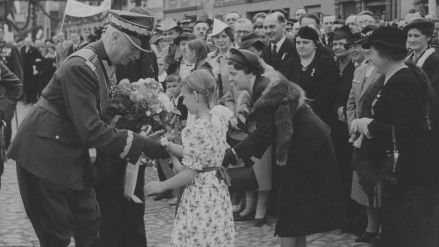
The mystery of the gold in the National Defence Fund. Some of it was found in a safe belonging to the Military Information Services.
see more
The young generation turned out to be quite resistant to this propaganda. They were more interested in Rock-and-Roll - known in the PRL as “Big Beat” - than the "honouring" academies. There were attempts to tame and control youth music until the early 1980s. After the Martial Law period, it was used as a safety valve to relieve civilian unrest. It is also worth remembering that young people were also active participants in social protests in 1968 and 1970. Academic and working-class youth actively participated in both events - contrary to the legend known from the "Man of Iron" Polish movie.
Above all things, for young people "born in the People's Republic of Poland" - let’s call them the Wembley generation – Sports provided the opportunity for integration within the playground and at school. In the latter case, the group was also formed around its leaders, most often chosen on the same principles as in the backyard.
Different large cities’ authorities, such as Warsaw, organised very popular tournaments for backyard teams. The games were held in several age categories. These competitions were invented mainly to counter the problem of hooliganism, which indeed became rather a troublesome issue in the 1950s and 1960s. The viewer can easily find echoes of these problems in the phenomenal comedy “Wojna Domowa”/Home War series. The integration around the backyard team was so strong that, among other things, playing football became one of the components integrating the young democratic opposition - the Gdańsk liberals and the Movement of Young Poland (1979).
So, this is nothing new. During the Great Depression, American workers were united around street baseball games. Many researchers, historians and sociologists see this game as one of the mechanisms that influenced the later strength of American trade unions.
In the Polish People's Republic, young men could be easily integrated around sports, mainly football. First, they played in the backyard teams, then – roughly from the end of the 1970s - informal amateur team competitions of the so-called “Sevens” squads were later formalised and even local newspapers reported on such tournaments.
Constant hunger for success
Nevertheless, Poles were still hungry for great success, especially in team sports. First, Legia and Górnik began to achieve success in European cups in the late 1960s. Then came the Olympic gold in 1972 (the Russians, given preferential treatment, were excluded along the way). In 1973 there was this winning draw at Wembley.
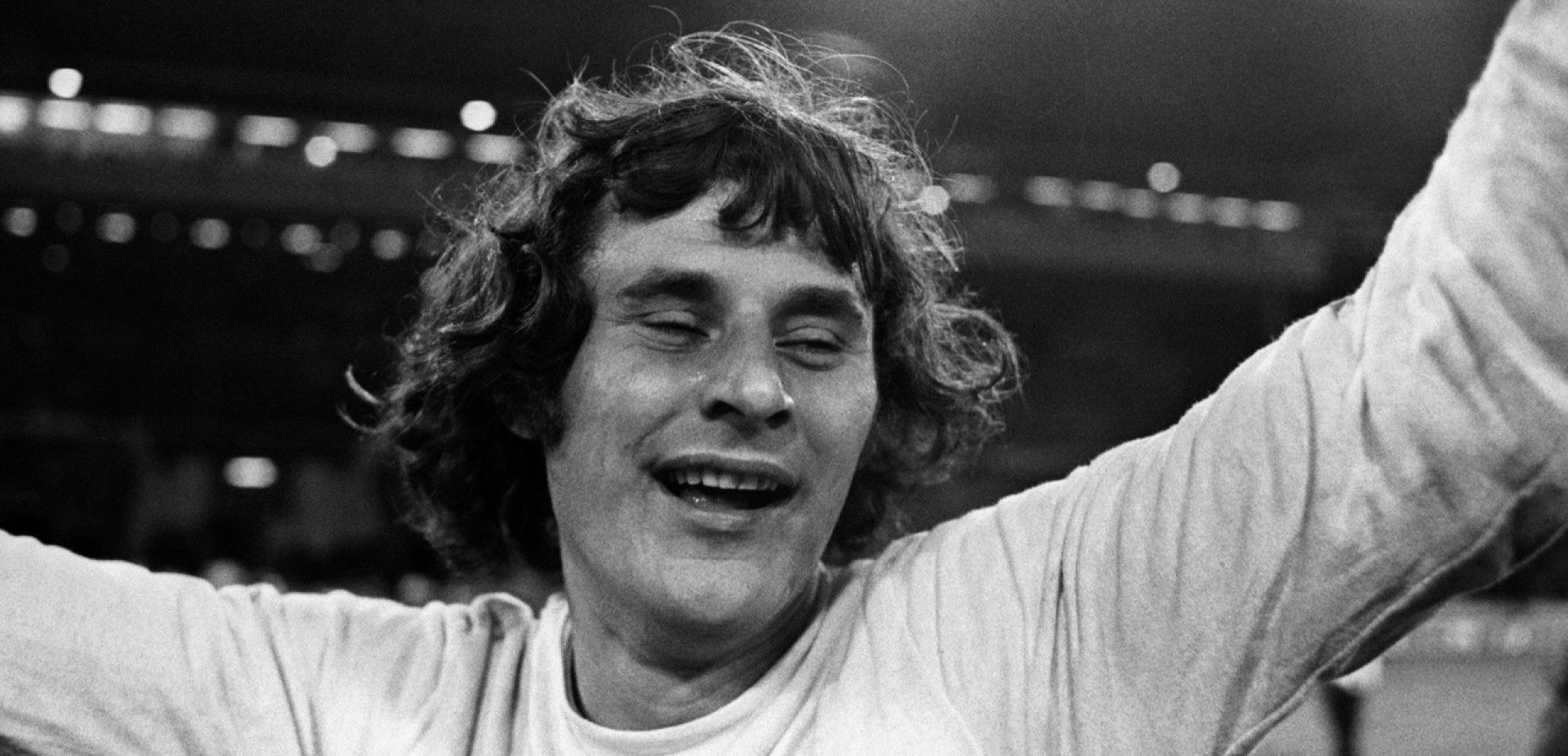
 SIGN UP TO OUR PAGE
SIGN UP TO OUR PAGE
 Later, the same English players stated that the Poles' successes at the 1974 World Cup held in Germany put their defeat at Wembley in a completely different perspective. However, on October 17, 1973 in London, no one expected that the red and white team would become the world's leading national team in the near future.
Later, the same English players stated that the Poles' successes at the 1974 World Cup held in Germany put their defeat at Wembley in a completely different perspective. However, on October 17, 1973 in London, no one expected that the red and white team would become the world's leading national team in the near future. 